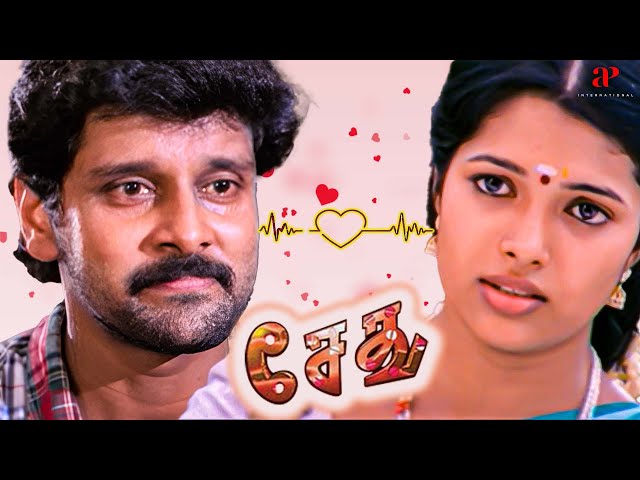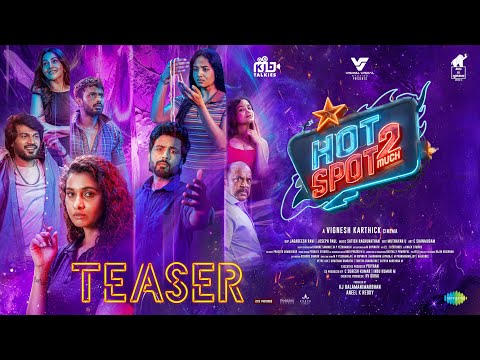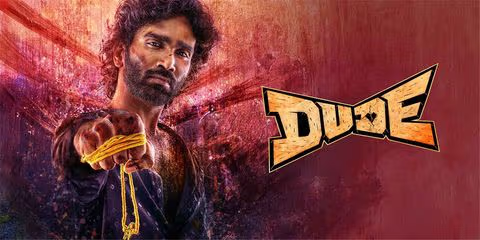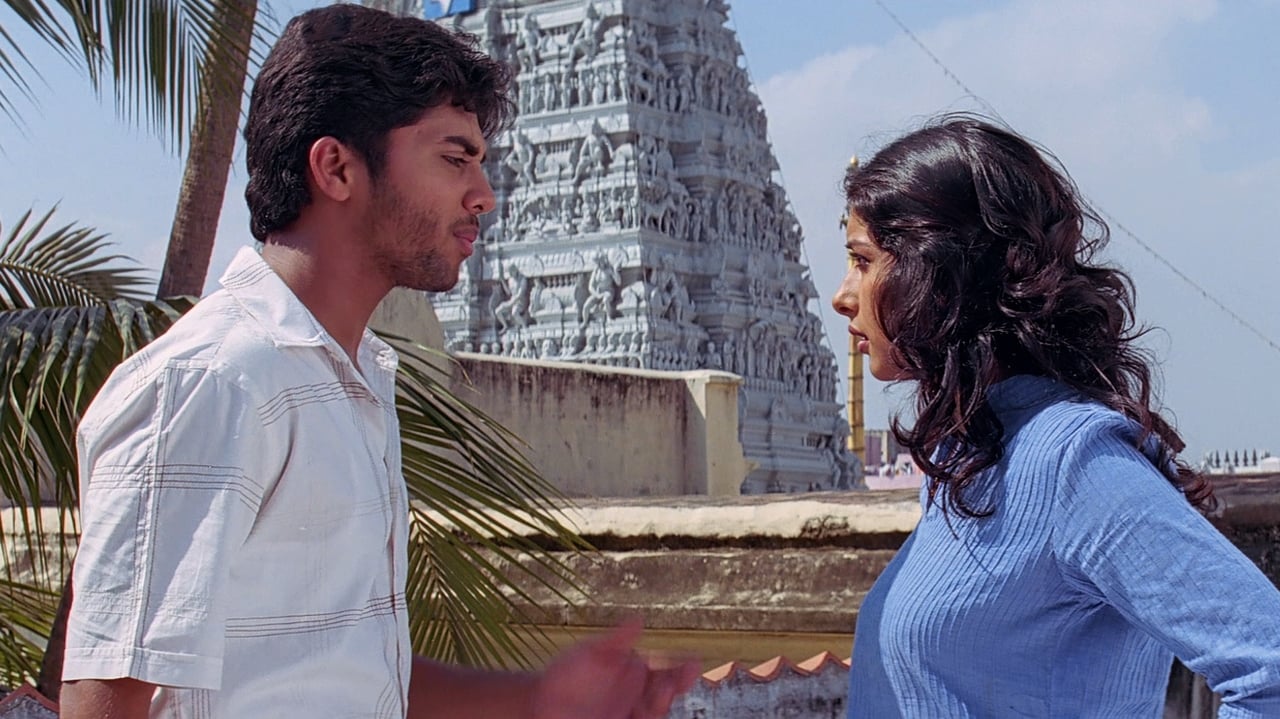Introduction to Sethu (1999)
Released in 1999, Sethu remains one of the most iconic films in Tamil cinema. Directed by Bala, this film marked the debut of Vikram in a lead role, giving him a much-needed breakthrough. The film tells the story of a man who goes through a dramatic emotional transformation, oscillating between love, madness, and ultimate tragedy. The cultural significance of Sethu is profound, influencing a generation of filmmakers and becoming a touchstone in the portrayal of intense psychological narratives in Tamil films.
Plot Summary
At the heart of Sethu is the story of a young man, Sethu, played by Vikram, who is a tough, fearless leader in college. Despite his outward aggression, Sethu falls deeply in love with Abitha, a meek and quiet woman who initially shuns his advances. His transformation from a feared gang leader to a man completely consumed by love is a central arc of the film. As the love story unfolds, Sethu’s character begins to unravel mentally and emotionally, leading to a tragic descent into madness.
The Rise and Fall of Sethu’s Character
Sethu’s journey from an intimidating figure to a vulnerable soul is both heartbreaking and mesmerizing. The film portrays this transformation through intimate close-ups, emotive background music, and the stark difference in his demeanor before and after he falls in love. His once fearsome attitude shifts to one of desperation as his mental health declines, providing a haunting portrayal of a man trapped between love and madness.
Love Story in Sethu
The love story between Sethu and Abitha is understated but powerful. Unlike typical love stories, theirs is fraught with difficulties from the outset. Abitha’s reluctance to reciprocate Sethu’s feelings initially adds tension, and their relationship does not follow the usual path of romantic cinema. Instead, their bond is built on silent longing and emotional intensity. The love story, while central to the plot, is also the cause of Sethu’s downfall, making it a tragic exploration of love’s power to both uplift and destroy.
Key Themes and Symbolism
Sethu delves deeply into themes of fate, mental health, and the impact of love on an individual’s psyche. Sethu’s tragic end symbolizes the destructive power of unrequited or misunderstood love. The film also questions societal perceptions of mental health, particularly through Sethu’s treatment by those around him after his emotional breakdown. This thematic depth is what sets Sethu apart from other Tamil films of its time.
Symbolism of Sethu’s Journey
Sethu’s physical transformation—from a college rowdy to a patient in a mental institution—mirrors his emotional and psychological descent. His journey is filled with symbolism, from his initial strength and masculinity to his final vulnerability, stripped of his former bravado. The film uses visual metaphors, such as Sethu’s disheveled appearance, to symbolize his inner turmoil.
Vikram’s Breakthrough Performance
For Vikram, Sethu was a career-defining moment. His portrayal of a man gradually losing his grip on reality is raw and powerful. He brings an intensity to the role that few could have achieved, perfectly embodying the physical and emotional extremes of the character. Vikram’s dedication to the role, including his dramatic weight loss for the latter half of the film, adds a layer of authenticity to his performance, making it one of the most memorable in Tamil cinema history.
Supporting Cast and Their Contributions
Though Vikram’s performance dominates the film, the supporting cast also deserves recognition. Abitha delivers a quiet, nuanced performance as the object of Sethu’s affection. Her role as a foil to Sethu’s turbulent emotions provides a necessary balance to the film’s intensity. The rest of the supporting cast, including Sivakumar, further fleshes out the story, grounding it in a reality that feels both familiar and relatable.

Cinematography and Visual Storytelling
The cinematography of Sethu plays a crucial role in telling the story. Through the use of intimate close-ups and long, lingering shots, the film creates a sense of emotional claustrophobia, reflecting Sethu’s internal struggle. The muted color palette and stark lighting further emphasize the bleakness of Sethu’s world as he spirals into madness.
Use of Lighting and Color in Sethu
The use of lighting in Sethu is particularly noteworthy. The film employs contrasting lighting to depict Sethu’s emotional states, using brighter, warmer tones during the romantic scenes and darker, colder shades as his mental state deteriorates. This contrast serves to visually represent the shift in tone as the film progresses.
Soundtrack and Background Score
Ilaiyaraaja’s soundtrack for Sethu is integral to the film’s emotional impact. The background score enhances the tension and sorrow that permeates the movie, while the songs serve as emotional beats that highlight key moments in the plot. The haunting melodies linger long after the credits roll, reinforcing the film’s tragic tone.
Director Bala’s Vision
Bala’s directorial vision is clear in every frame of Sethu. Known for his realistic and raw portrayals of human emotions, Bala brings a sense of authenticity to the film. His decision to focus on the darker, more tragic aspects of love sets Sethu apart from the typical romantic films of its era. Bala’s storytelling is grounded in realism, but he also infuses the film with a poetic sensibility that elevates it beyond a simple tragedy.
Realism in Bala’s Storytelling
Bala is known for his unflinching portrayal of raw, human emotions, and Sethu is no exception. The film’s realism is most evident in its depiction of mental illness and the societal pressures that contribute to Sethu’s downfall. Bala’s commitment to portraying these issues authentically, without sensationalism, is what makes Sethu so powerful.
Reception and Legacy of Sethu
Sethu was a critical and commercial success upon its release, but its legacy has only grown with time. The film has become a touchstone in Tamil cinema, influencing a generation of filmmakers and actors. It is often cited as one of the most important films in Vikram’s career and is considered a masterpiece of Tamil cinema.
Awards and Accolades
Sethu received numerous awards, both for Vikram’s performance and for Bala’s direction. Vikram’s portrayal of Sethu earned him a National Film Award, while Bala was lauded for his groundbreaking approach to storytelling. The film also won several Tamil Nadu State Film Awards, further cementing its place in Tamil cinema history.
Why Sethu is Still Relevant Today
The themes explored in Sethu—love, mental health, and societal pressures—are as relevant today as they were in 1999. The film’s honest portrayal of these issues resonates with modern audiences, who continue to find meaning in Sethu’s tragic story. As conversations about mental health become more prominent, Sethu serves as a reminder of the importance of understanding and compassion in the face of emotional turmoil.
Conclusion
Sethu is more than just a film; it is a landmark in Tamil cinema. Its complex characters, emotional depth, and unflinching portrayal of mental health issues make it a timeless classic. For those who have yet to see it, Sethu offers a profound cinematic experience that lingers long after the credits roll.
Frequently Asked Questions (FAQs)
1. What is the main theme of Sethu?
Sethu primarily explores themes of love, fate, and mental health. The film delves into the emotional and psychological transformation of its protagonist, Sethu, as he grapples with the complexities of love and societal expectations.
2. Who directed Sethu?
Sethu was directed by Bala, who is known for his realistic and raw portrayals of human emotions. This film marked his directorial debut and set the tone for his future works.
3. Why is Sethu considered a breakthrough for Vikram?
Vikram’s performance in Sethu is widely regarded as his breakthrough because of his intense portrayal of the title character. His dedication to the role, including his dramatic physical transformation, showcased his range as an actor and earned him widespread acclaim.
4. How does the film depict mental health?
Sethu portrays mental health issues through the gradual deterioration of its protagonist’s emotional and psychological state. The film sheds light on societal attitudes toward mental illness, emphasizing the importance of empathy and understanding.
5. What awards did Sethu win?
Sethu won several awards, including a National Film Award for Vikram’s performance and multiple Tamil Nadu State Film Awards. The film’s direction, music, and screenplay were also widely praised.
6. Is Sethu still relevant today?
Yes, Sethu remains relevant due to its exploration of timeless themes such as love, mental health, and societal pressures. The film’s honest portrayal of these issues continues to resonate with modern audiences.




